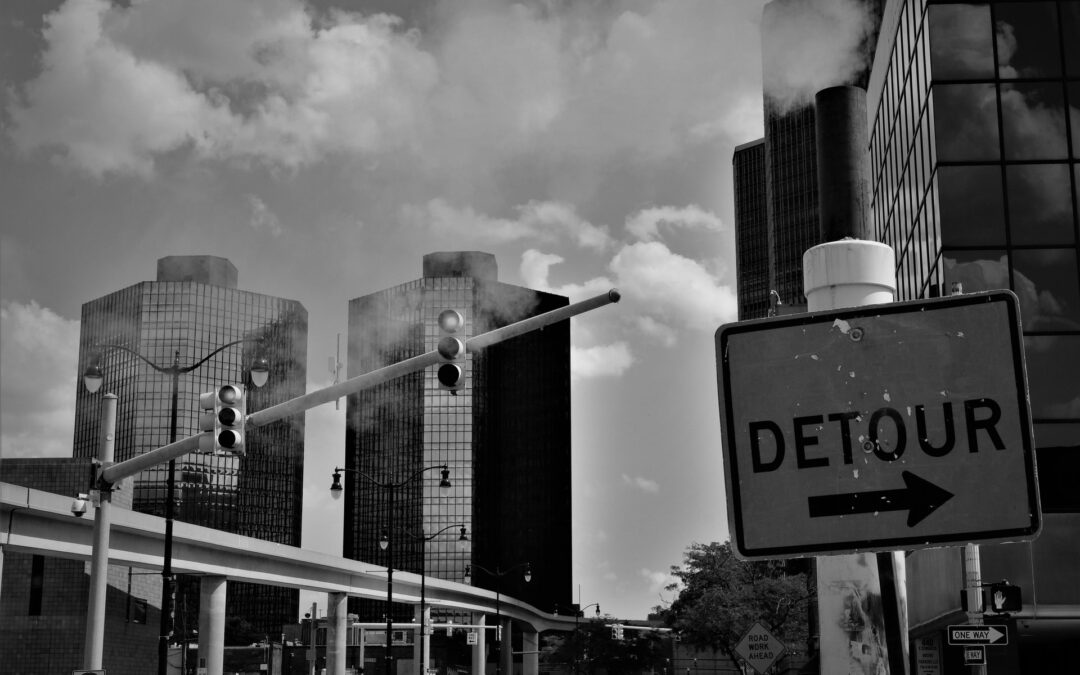
When Life Doesn’t Go to Plan
Many of us like to be in control. Or at least in control of our own lives and our hopes and dreams.
But even if we’ve carefully calculated the course of our life and worked hard to let no details slip through the cracks, we still encounter times when our lives simply don’t go according to plan.
Most often, these “hiccups” in life are disappointing or even hurtful, but most are not insurmountable. For example, when a marriage ends in divorce it may bring a level of pain and regret that feels like you won’t ever recover from it, and yet most people do pick up the pieces of a broken heart and go on to find love again.
Perhaps, as in my case, you unexpectedly get laid off from a job that you’ve put your heart and soul into for years. You may find yourself feeling hurt and betrayed. And in the difficult position of having to scramble to find a new job before the next round of bills are due. You may have to reevaluate your career path or even your lifestyle, but I’ve heard countless stories where someone lost a job and then went on to find a better one. That’s been the case for me in the past.
So what do you do when you encounter a major roadblock in life?
Some people refuse to give up on their previous plans, and charge forward come hell or high water. That’s great for them, but some of us don’t have the resources or personality needed to do that. Some people seemingly give up and descend into a personal prison of hopelessness. They tend to withdraw from life and some choose unhealthy ways to escape from the pain.
Most of us find ourselves somewhere in the middle. We still have dreams, but may find ourselves having to rethink the shape, size and scope of them. Some of us may surprisingly come to the realization that our previous plans were actually keeping us in unhealthy or limiting situations…so we make new plans. Chances are if you look back on your life to see where you’ve encountered roadblocks and where your new path led you to; you may actually be quite pleased.
But sometimes, life’s roadblocks are so devastating; we simply cannot see a way forward. Most often, this happens when you lose someone that you’ve built your life – or your identity – around.
In these cases many of us find ourselves frozen in feelings of anger or despair and are unable to comprehend our life without our loved one in it. Some of us simply refuse to accept this new reality and isolate ourselves and withdraw from the “regular” world. We resentfully think that if life isn’t going to go according to our plans, then we refuse to participate in it until it does. That’s a nice thought, but life often has a habit of ignoring our demands. Especially if we simply cannot undo what has already been done – in this case, the death of a loved one.
I found myself in this situation after the sudden death of my 4-year-old daughter, Margareta.
Unlike losing my job, where I can simply look for a new – and even better – one, there was nothing I could do to turn the death of my daughter into a better situation. I couldn’t replace my daughter with a new one. (And for those who have ever insensitively told a bereaved parent that they should just have another child…next time, please do all of us a favor and keep your thoughts to yourself.) I couldn’t pretend that I’d ever find that elusive “closure” that many people talk about, but doesn’t exist in these types of situations.
I was hopelessly, utterly lost and didn’t know what to do or which way to turn. And yet, as it always does, life moved on whether I liked it or not. It moved forward without my daughter in it. I was desperately trying to find a way to keep one foot in the world where my daughter was still alive, while keeping the other foot in the present day world where my other children still resided. I don’t advise anyone to try this…it simply does not work.
So here I was, forced to make new plans; plans that did not include my daughter growing up and living a full life.
I hated it. I resented it. To this day, I still regret it and probably always will. Yet I am forced to live it. And I suspect that many of you reading this are forced to live with that reality too.
The fact is I have made new plans. These plans will never be the ones I truly want, because they will never include my daughter alive in them.
But they try to make the best of an impossible situation. They try to honor her life while honoring the fact that I’m still alive and so is the rest of my family. They will always include sadness and regret intermixed with hope and joy.
And I know whatever my plans may be; they are always subject to change…because life has a habit of sometimes getting in the way.

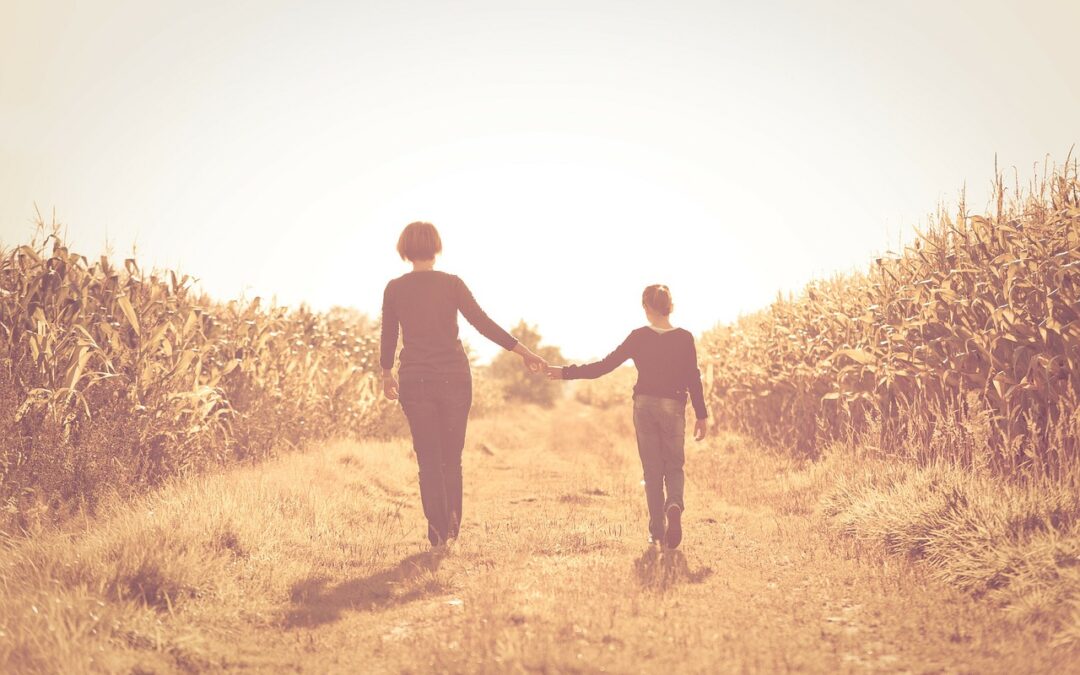
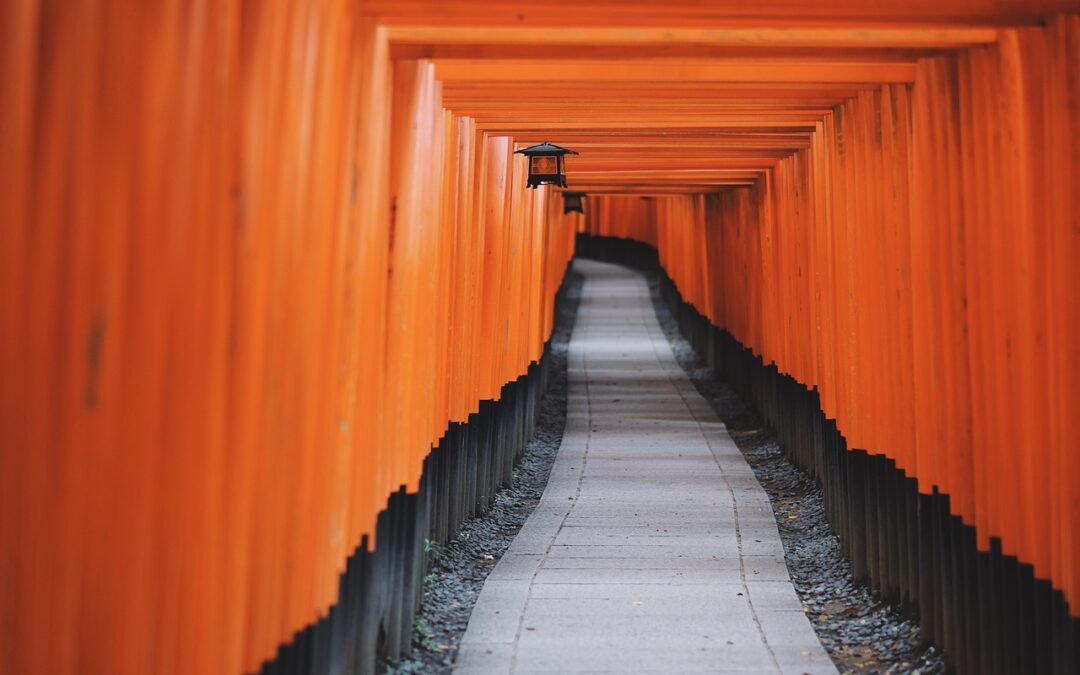
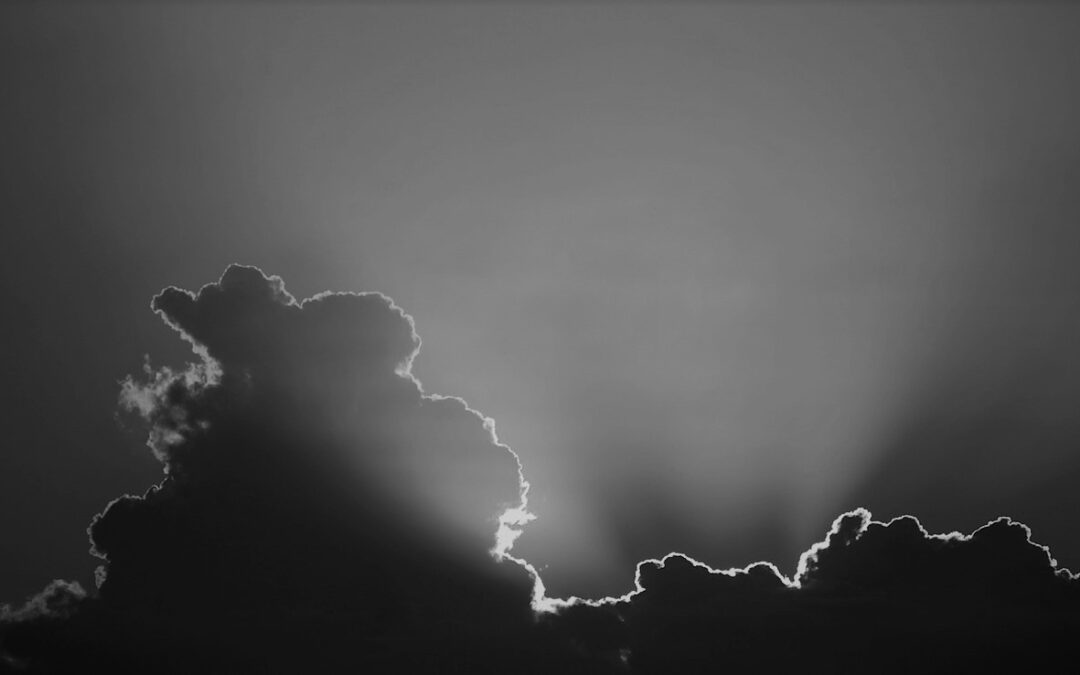

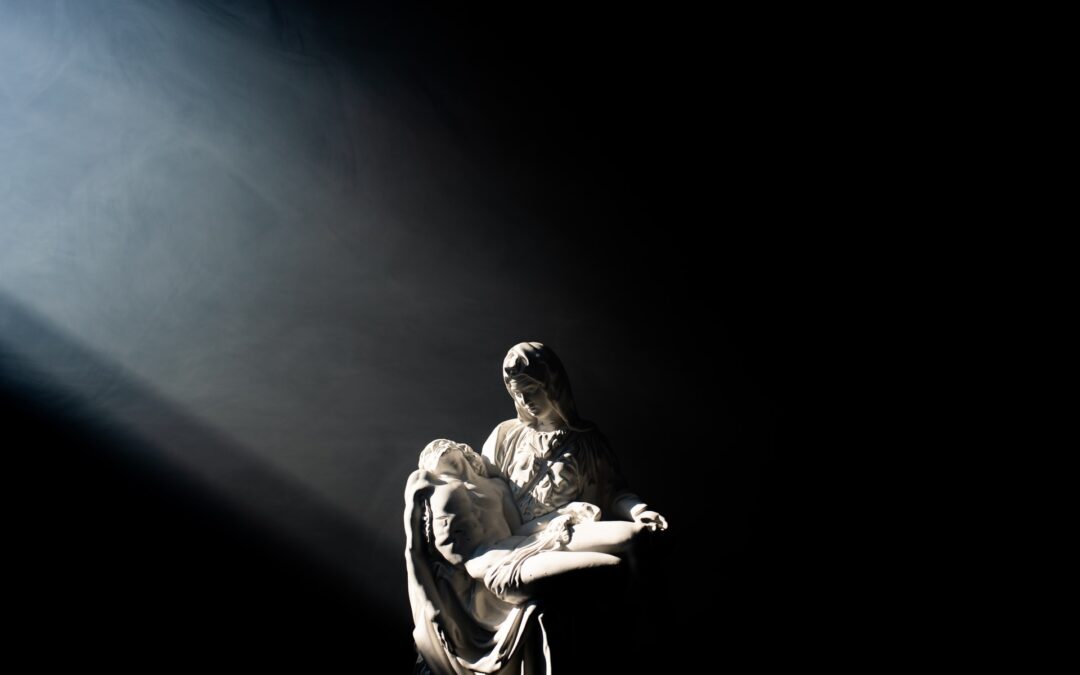
 This website was inspired by the memory of Margareta Sol Kubitz in hopes of helping others work through the pain of grief.
This website was inspired by the memory of Margareta Sol Kubitz in hopes of helping others work through the pain of grief.